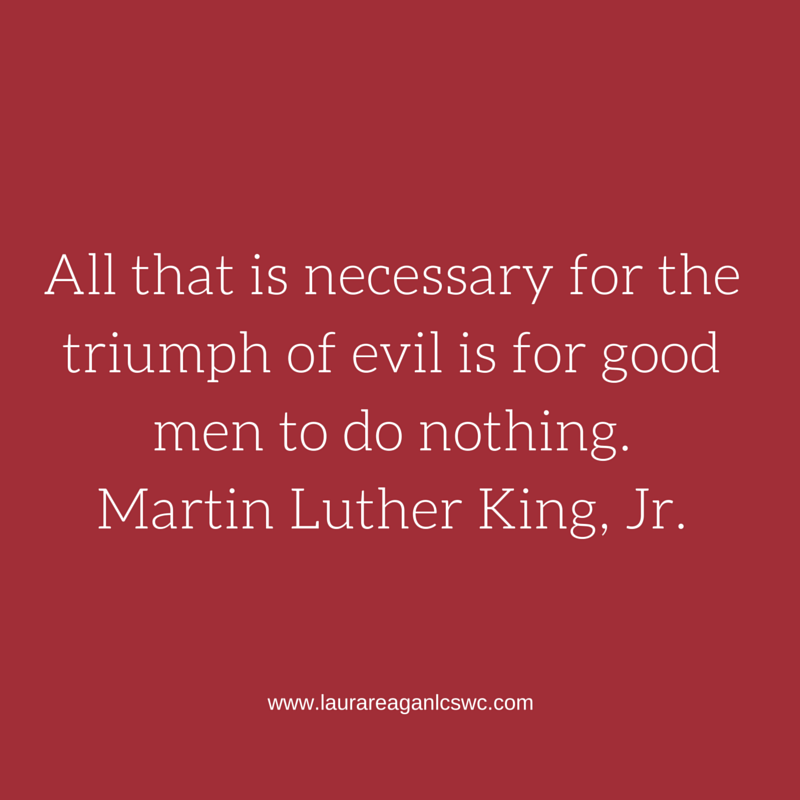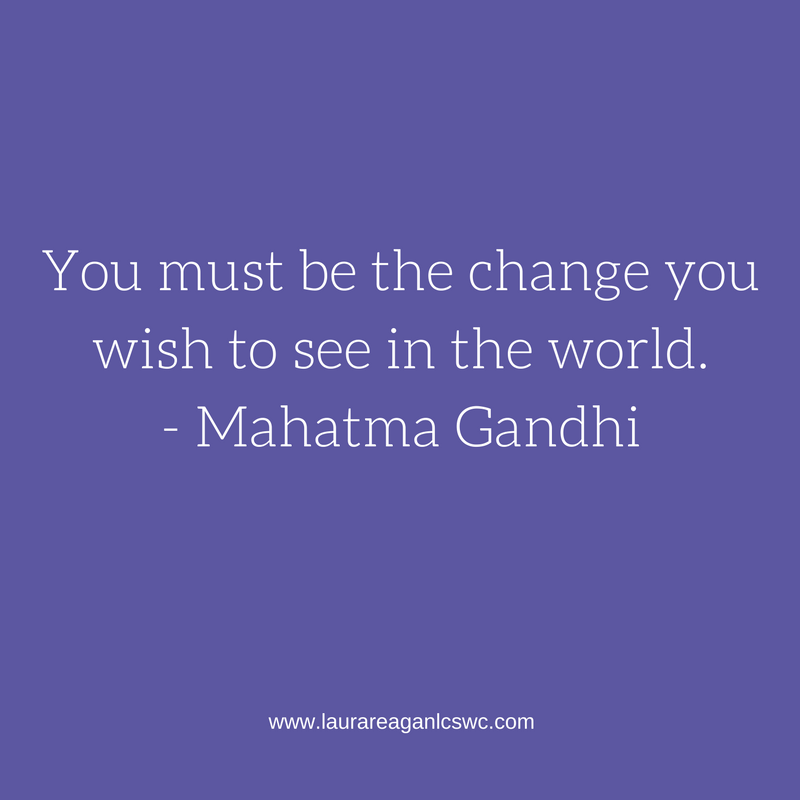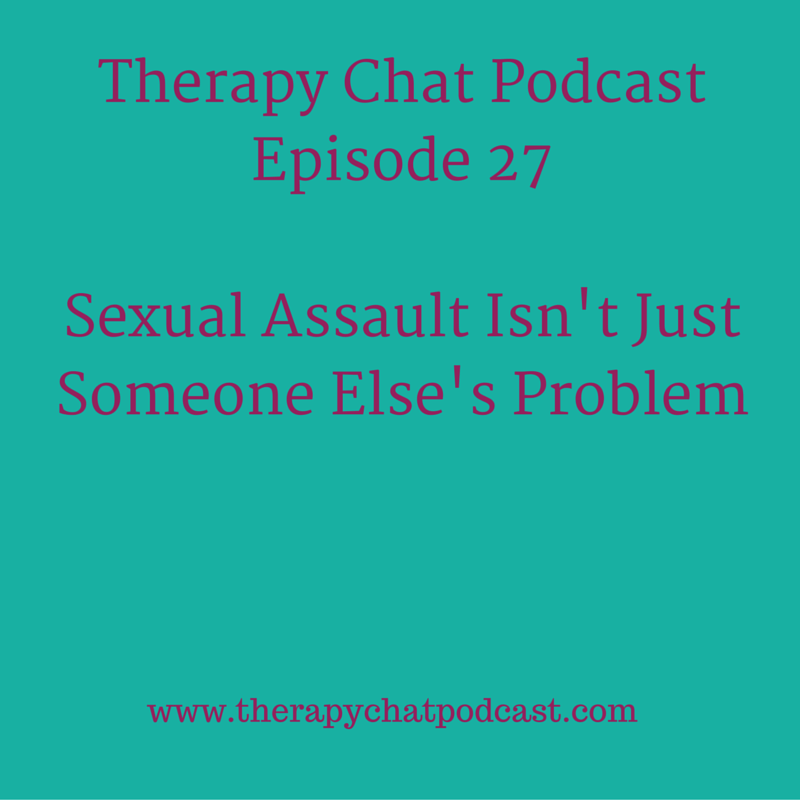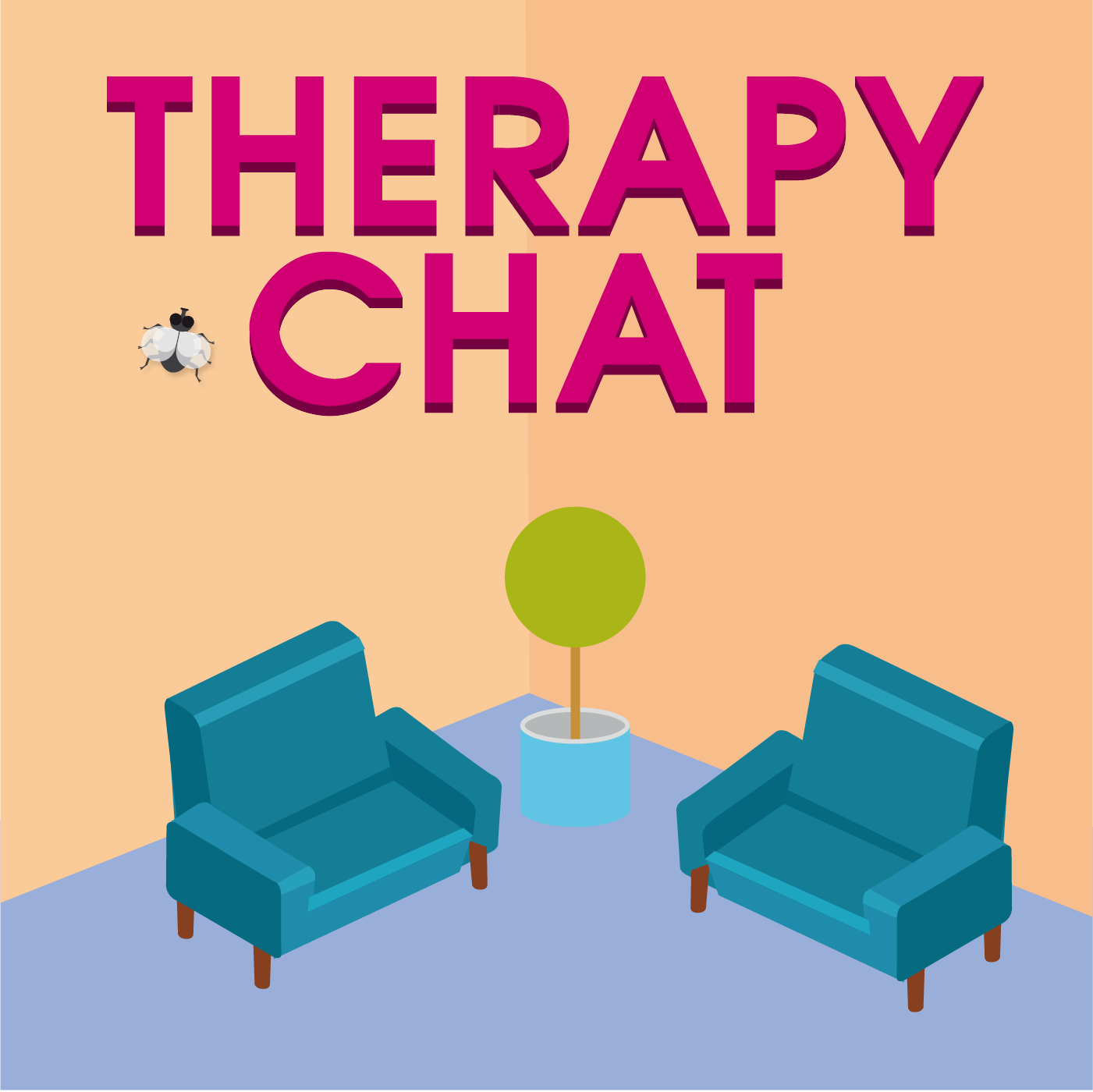I'm Only One Person, What Can I Do?
“You must be the change you wish to see in the world.”
This quote, "You must be the change you wish to see in the world," has inspired me since the first time I heard it. If you follow this page you probably know that I'm an advocate for ending sexual violence. You could also say I'm an activist in the movement to end sexual violence. Why? Because I'm horrified that this continues to occur, day after day, and rather than sit in my horror and helplessness, I've decided to do my part in changing that reality.
If you are dissatisfied with how things are, get involved! You can make a difference. I posted an article earlier today in which the author suggested that if you're outraged at Brock Turner, the Stanford swimmer who was caught in the act sexually assaulting an unconscious woman behind a dumpster, getting out of jail after serving 3 months of a 6 month sentence, you can do something about it. And you can! I can. We can together and individually.
“Never doubt that a small group of thoughtful, committed citizens can change the world. Indeed, it’s the only thing that ever has!”
Because while what he did is reprehensible and completely unacceptable, it is not only what that one rapist did and the inadequate punishment he received that is the problem. If that were the only problem we'd all be outraged that this thing happened this one time and it was such an unusual situation. But it's not that unusual. Neither his actions nor the punishment he received are all that unusual - other than the fact that he was convicted at all. I wonder if he would have been, had two men not witnessed the attack and physically intervened to stop it. As gross as it is to say that, it's true that many survivors report assaults and are not believed. I know this is true. I have talked with hundreds of survivor who haven't been believed. I've sat in courtrooms hearing offenders admit their actions and still be found not guilty. Turner's disgusting actions are a huge part of the problem but there are many other problems with the way our legal system handles reports of sexual assault which cause re-victimization.
Often when someone reports a sexual assault, there is skepticism and disbelief - from friends, loved ones, law enforcement, university administrators, prosecutors, judges and juries. Often survivors decide after telling the first person what happened that they do not want to report the crime to authorities, based on the very real awareness that the process of convicting the offender is likely to be extremely difficult. This is why sexual assault is still the most underreported crime - see statistics here. If the person who reports the assault is believed enough by enough of the decision makers along the way to participate in a judicial process, his/her/their actions are questioned in much more depth and with less respect for personal dignity than the perpetrator's. When convictions are obtained in criminal court, many jurisdictions mete out minor sentences like Brock Turner received.
So what can we do?
What I have written above may be very discouraging. It could make you feel like there is no point in trying to end sexual violence, because it's too pervasive, too complicated, the problem is too big. You might be thinking, I'm just one person, how can I make a difference? Well you can make a difference! And yes, you're one person but there are thousands more like you who believe that we can be the change we wish to see in the world. Those people who have been fighting to end sexual violence for decades know that things are getting better. Too slowly, but change IS happening.
Without the power of social media Brock Turner's conviction and sentence would just be another day in the courtroom. But a great number of people are shouting out that this is wrong. That is different! 20 years ago I wonder if this would have even been considered newsworthy. Call me cynical, but I'm a realist. And even though I realize we have a long way to go, I know we can get there! You CAN make a difference.
So what can we do? Let's get specific. Here are four ways you can start NOW to end sexual violence.
1. Use your voice.
Speak out on social media. Tell people why this matters to you. Share articles that get people thinking. Share some of the statistics I've included in this article.
Challenge rape myths. When you hear someone saying "how do you know [the survivor] didn't consent?" point out that someone who is passed out, asleep or unconscious can't legally consent to sexual activity. Or answer "because she/he/they said they didn't consent and I have no reason to doubt it." Break out your stats on how unlikely it is that people lie about being sexually assaulted. You can find info here.
Support a survivor. If someone tells you they were sexually assaulted, just believe them. It's not up to you to decide what happened. Treat them how you would want to be treated if you experienced a traumatic event.
Know how to help someone following a sexual assault. There are specific steps to take following a sexual assault, especially if you want to preserve evidence. Knowing this information can make a big difference for a survivor. Get info here.
Let your legislators know you support legislation at the local, state and national levels which protects the rights of survivors of sexual violence. Did you hear about the bill that my state, Maryland, can't get passed to limit rapists' custody rights when a child is conceived through rape? In spite of national outrage, our legislators can't seem to agree about it. But Maryland's not the only state with this problem.
2. Put your money where your mouth is.
Donate to your local sexual assault crisis center. These programs are underfunded and have received few increases in federal funds over decades. Find your local program here.
Donate to a national organization. RAINN, the Rape And Incest National Network, and the National Sexual Violence Resource Center are two well known organizations doing great work to fight sexual violence.
Donate to your state anti-sexual assault coalition. Find your state's coalition here.
3. Volunteer your time.
Volunteer at your local Sexual Assault Crisis Center. Get info here. They can use your help answering their 24 hour hotline or going to the hospital to accompany and support someone following a sexual assault. They will train you. This is how I started back in 2002 at the wonderful YWCA of South Hampton Roads, Virginia. If you're in that area they are an amazing resource!
Volunteer for a national organization. RAINN has a way you can help on their hotline and they will train you. Get info here.
Find out if your state's coalition to end sexual assault needs volunteer help. I serve on my state coalition's board as a volunteer. There may be ways you can help yours too.
4. Fight rape culture.
Visit the One Billion Rising website. You will find opportunities to get involved and learn more.
Teach your children about consent beginning at an early age. Learn how here.
Don't laugh at rape jokes. Believe people who say they were sexually assaulted. Get educated. Get involved.
I hope this has inspired you that you can be the change you wish to see in the world. You can. I can. Together, we can. What will you do? Leave a comment below letting me know how you plan to make a difference!
Laura Reagan, LCSW-C
For more of what I'm doing visit my website, http://laurareaganlcswc.com , follow me on social media - Twitter, Facebook & Instagram - and listen to my podcast, Therapy Chat! I have two episodes specifically about sexual assault. Part One is here, Part Two is here.
SOURCES:
https://www.rainn.org/articles/steps-you-can-take-after-sexual-assault
http://www.nsvrc.org/sites/default/files/Publications_NSVRC_Overview_False-Reporting.pdf
https://www.rainn.org/statistics/criminal-justice-system
https://www.rainn.org/state-resources
https://www.rainn.org/articles/steps-you-can-take-after-sexual-assault
https://www.rainn.org/articles/volunteer-national-sexual-assault-hotline-or-your-community
http://www.ywca-shr.org/site/c.ahKNIZMEIlI4E/b.8410335/k.65EC/Volunteer_and_Intern.htm
http://www.cc.com/video-clips/iaj0jk/the-daily-show-with-jon-stewart-parenting-with-the-enemy
http://www.baltimoresun.com/news/maryland/politics/bs-md-parental-rights-20160325-story.html
http://www.onebillionrising.org/
http://www.upworthy.com/5-everyday-ways-to-teach-your-kids-about-consent







